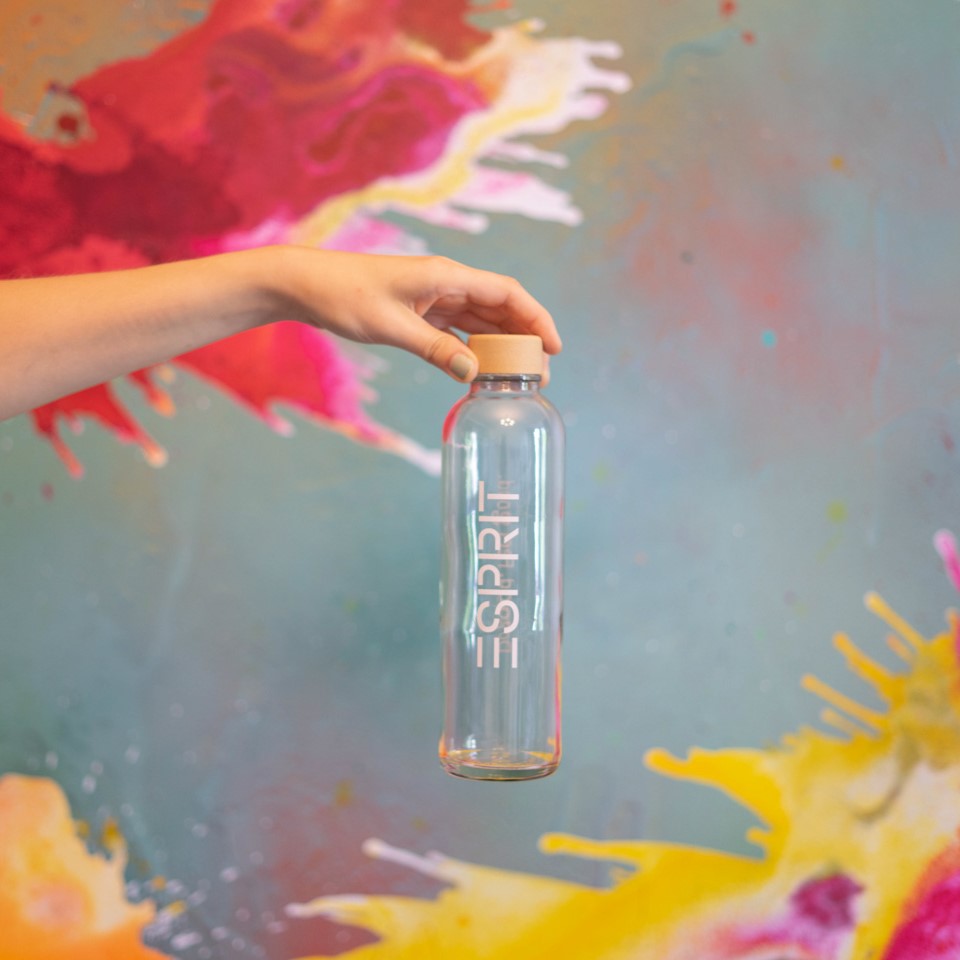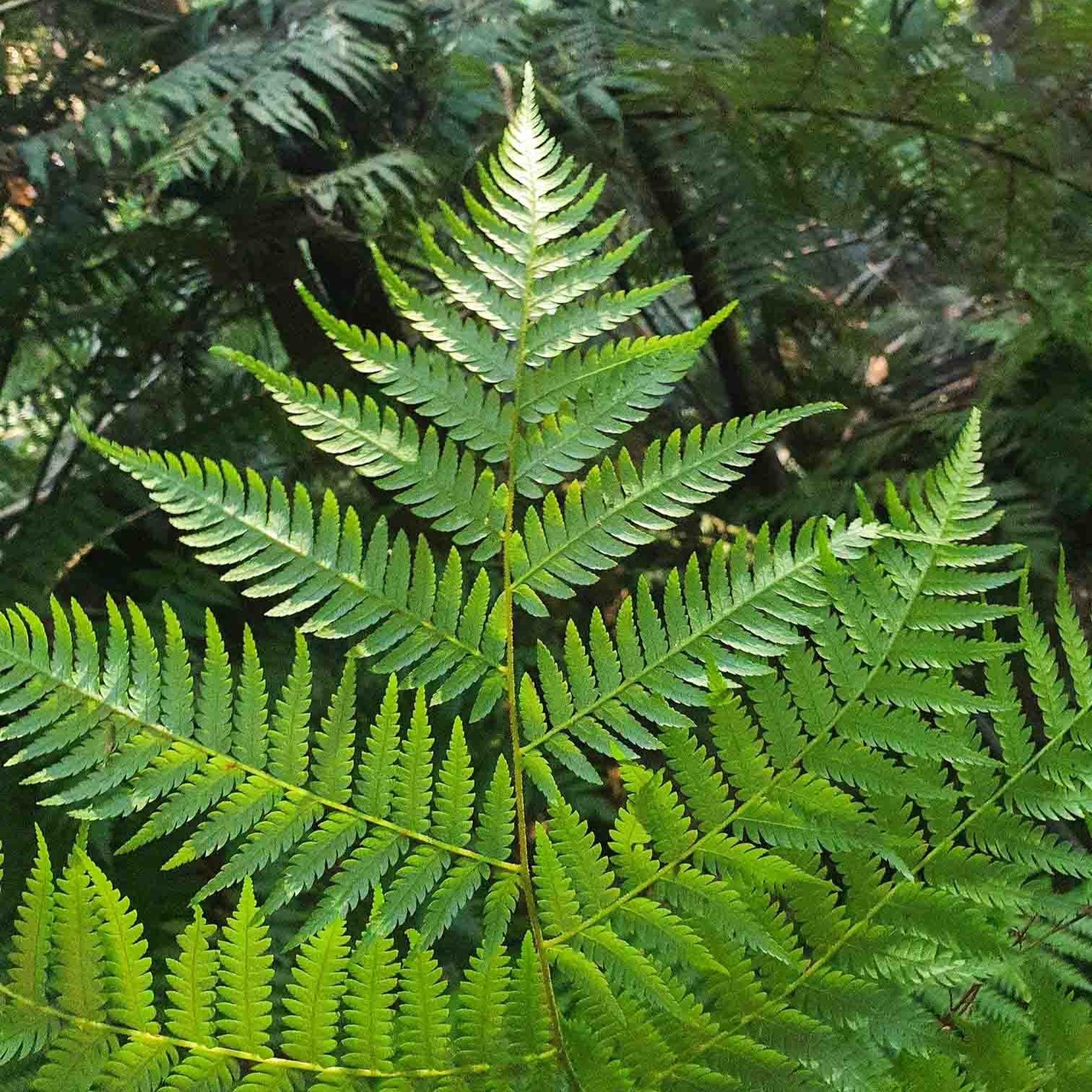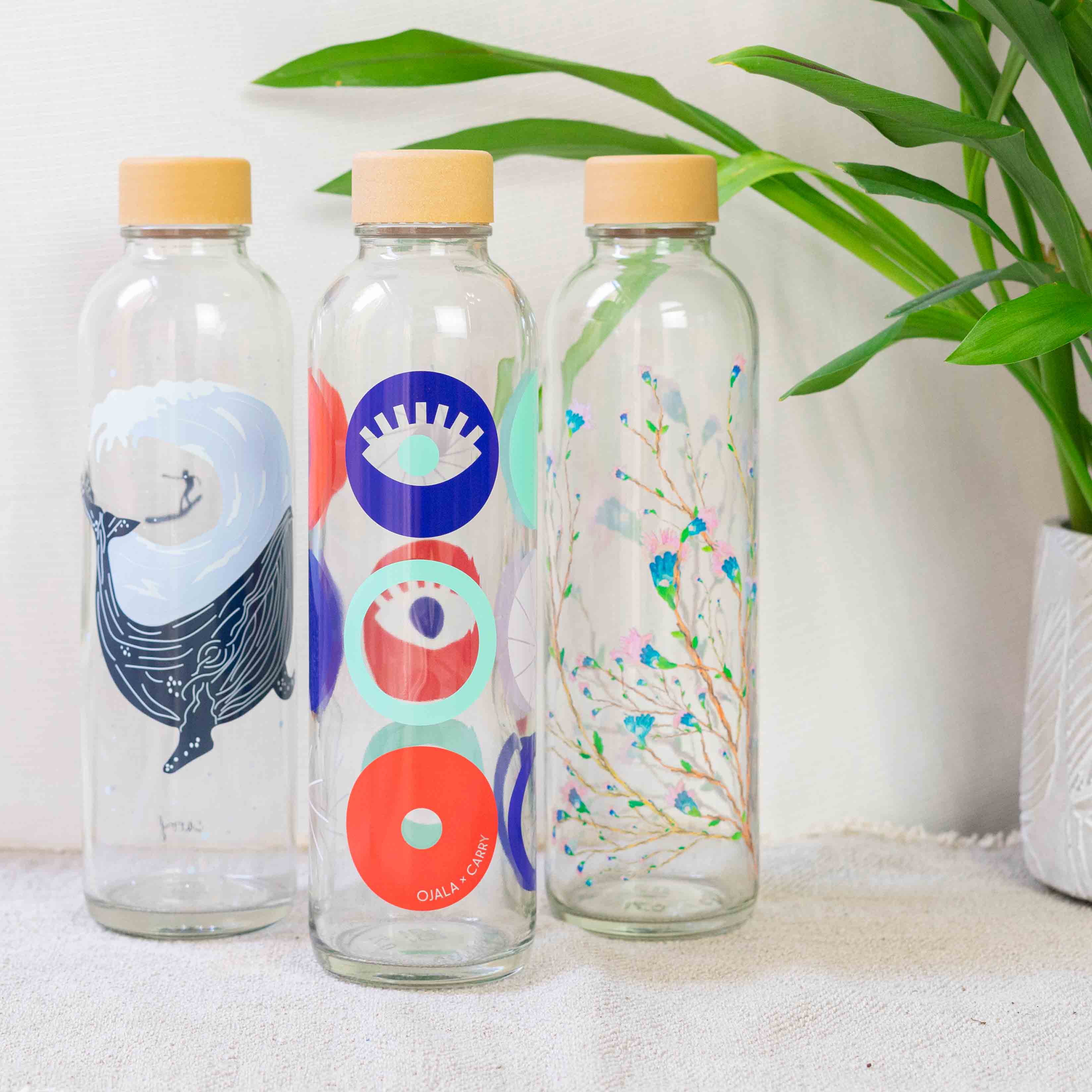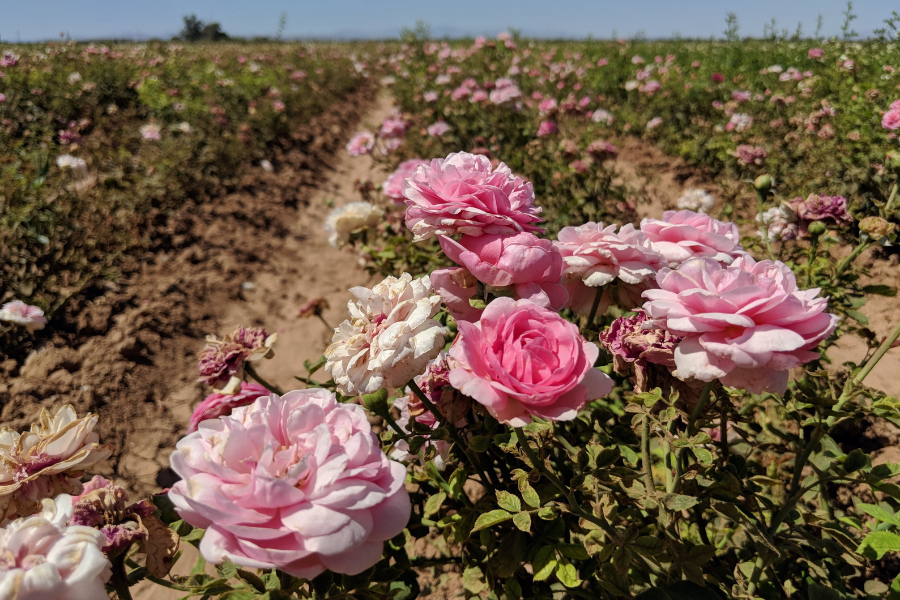February 14th is Valentine's Day - the day of lovers. The day that is both popular and, in our perception, disliked. Not only do many people in love celebrate the day, but trade is also booming. Many gifts are bought and the flower trade in particular is in full swing on February 14th. There are even rumors that Valentine's Day was secretly staged by florists.
A lovely gesture, as flowers have always stood for fertility, love, warmth, happiness and joie de vivre. They literally bring nature in its most beautiful form into the living room. Where these flowers come from and what impact the flower trade has on the environment is unfortunately still relatively unknown. Flowers often have to travel long distances, use a huge amount of water and have a strong environmental impact due to the use of pesticides when grown in monocultures. Another important aspect in assessing the sustainability of cut flowers is the working conditions and energy consumption.
Cut flowers from Kenya and the Netherlands
The flowers available here mostly come from the Netherlands or Kenya. Since the growing conditions in Europe are unfavorable in winter, they are mostly imported from Kenya. Kenya is close to the equator and the climatic conditions are ideal for growing flowers. So no energy-intensive greenhouses are needed. Nevertheless, Kenyan flower companies are often criticized for using too much water from the arid country through intensive agriculture and for severely damaging the environment and employees with pesticides. This poses a huge threat to the ecosystem and groundwater. A large proportion of the roses in Kenya are grown on Lake Naivasha. The water level has now dropped drastically and is threatening to dry up, which would be precarious for people and the environment. In addition, in many cases the employees suffer from poor working conditions and unfair pay.

20 roses from Kenya have an average CO2 impact of 10kg, including cultivation and flight. So it might seem logical to simply buy roses from the Netherlands, right? Unfortunately, the problem is that roses need a lot of light and heat, which has to be artificially generated in the Dutch climate, which requires an enormous amount of energy. According to a study, 20 roses here have a CO2 impact of 58kg. However, it can be assumed that the carbon footprint of Dutch roses has improved somewhat thanks to solar panels and other innovations.
Cut flowers – a sustainable gift?
No matter where the roses come from, they do not express love for the environment. Other flowers, such as tulips, hyacinths, gerberas, anemones and ranunculus, are somewhat more climate-friendly, as they require less water and less energy. Tulips in particular can grow in the Netherlands without additional irrigation.
So if you still want to buy cut flowers for your loved ones, you should definitely look out for seals such as the Fair Trade seal. This has particularly increased requirements for occupational health and safety, labor law, wage payments and environmental criteria. However, the certificate does not guarantee organic cultivation. For this, you would have to look for flowers with well-known organic seals such as the German organic seal, Bioland or Demeter seals. The Green Certificate or the MPS seal primarily certify energy consumption and waste pollution.

So, ultimately, buying sustainable flowers is not possible down to the last detail. However, it is possible to make a difference for people and the environment by choosing the flowers, their origin and paying attention to seals and certificates. You can also find out before you buy which flowers grow regionally in Germany at which time and therefore require less water and energy. The next time you buy flowers, just ask where the flowers come from. This is the only way to make retailers aware that there is a demand for sustainable cut flowers. And maybe less is more when it comes to flowers. How about just buying a single flower next time that is certified for this purpose if possible?
We wish you a wonderful Valentine's Day (self-love day) and hope that you find what you are looking for in sustainable flowers! Otherwise, just try our Hanami , whose flowers don't fade! :)








